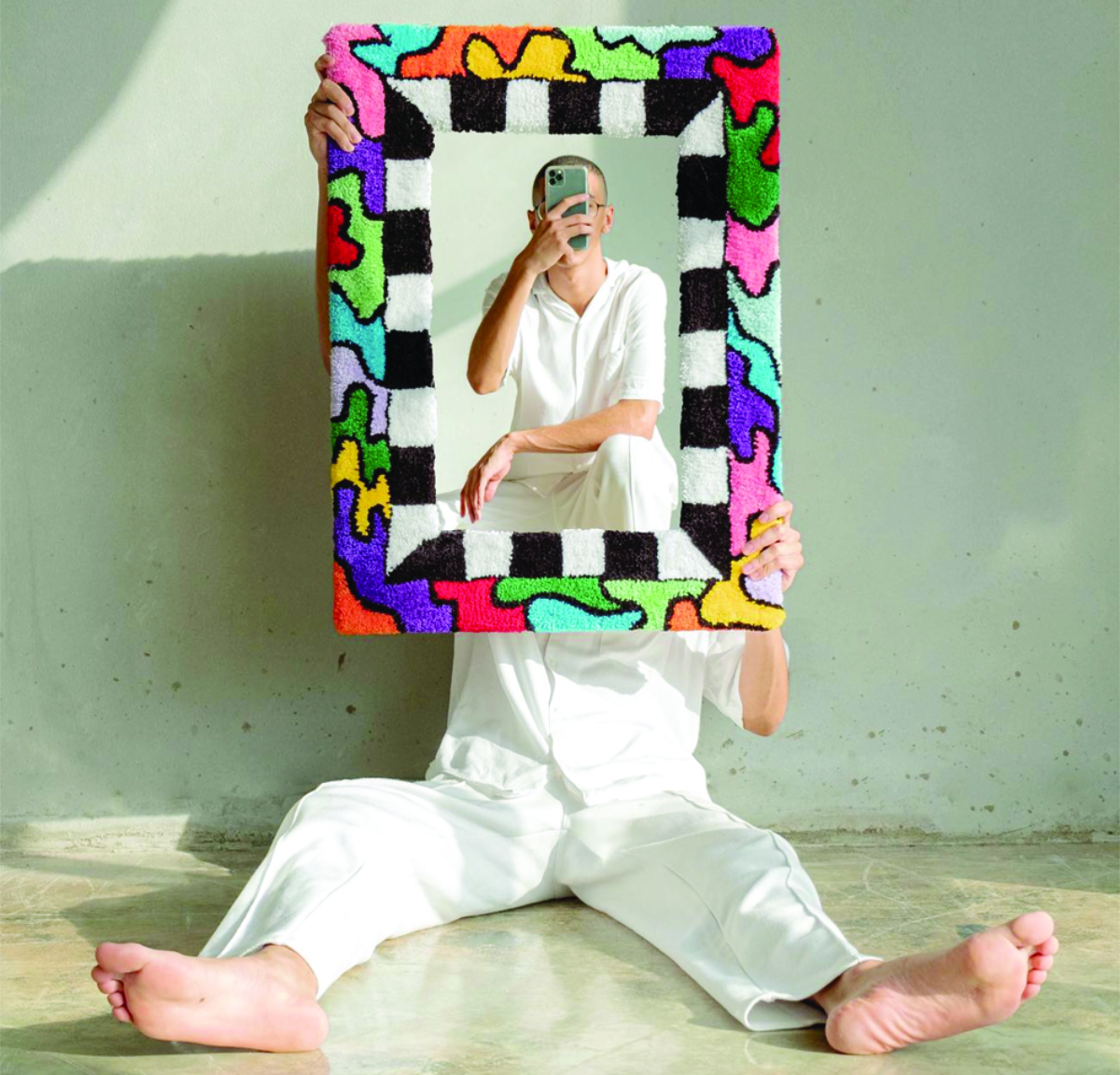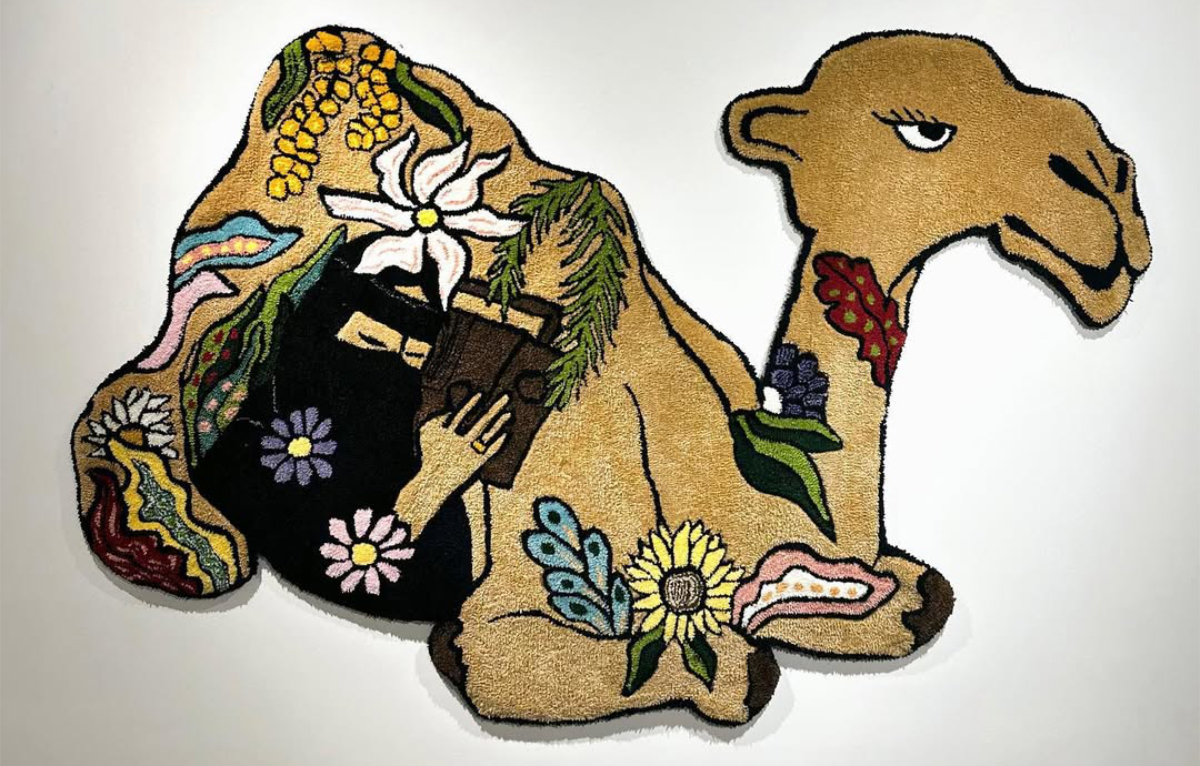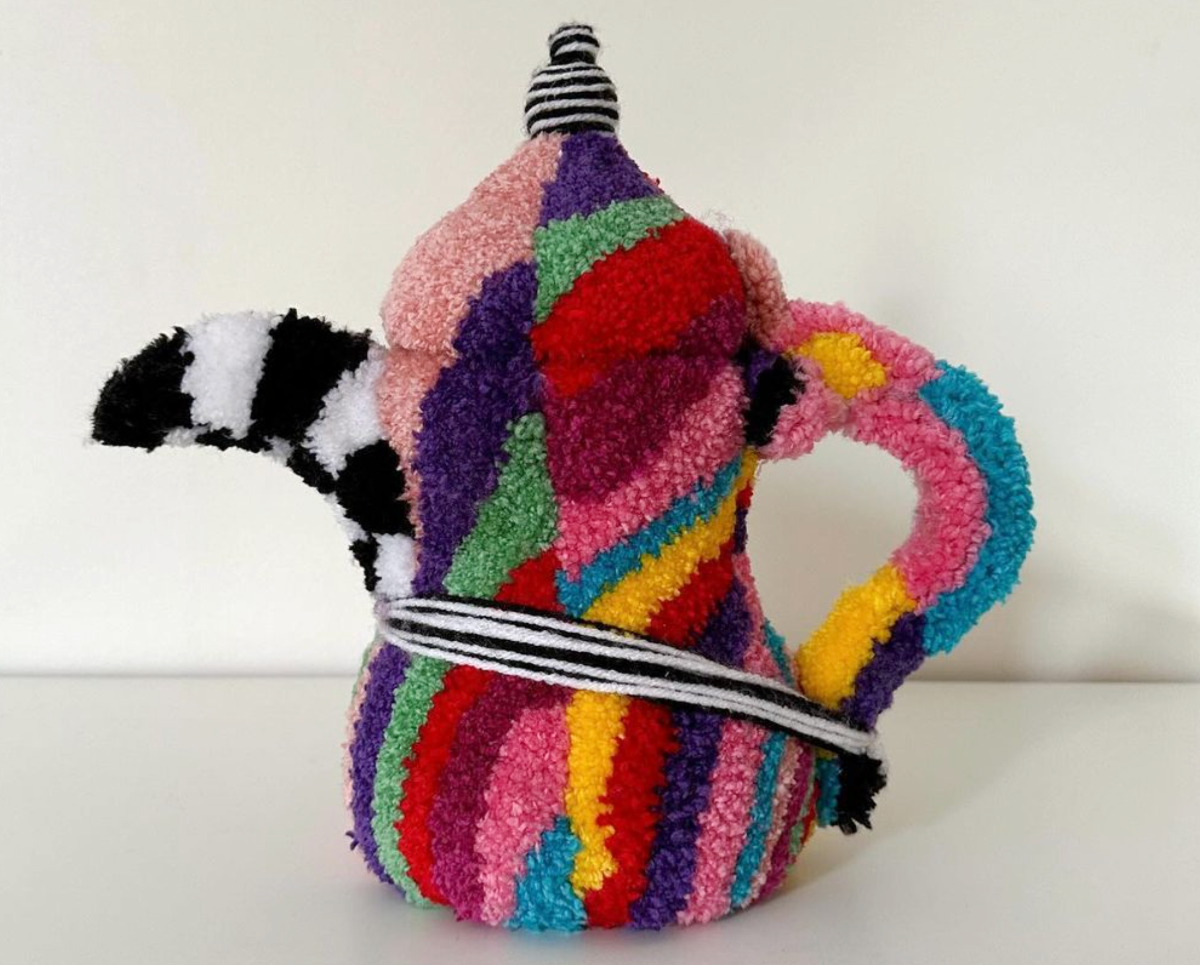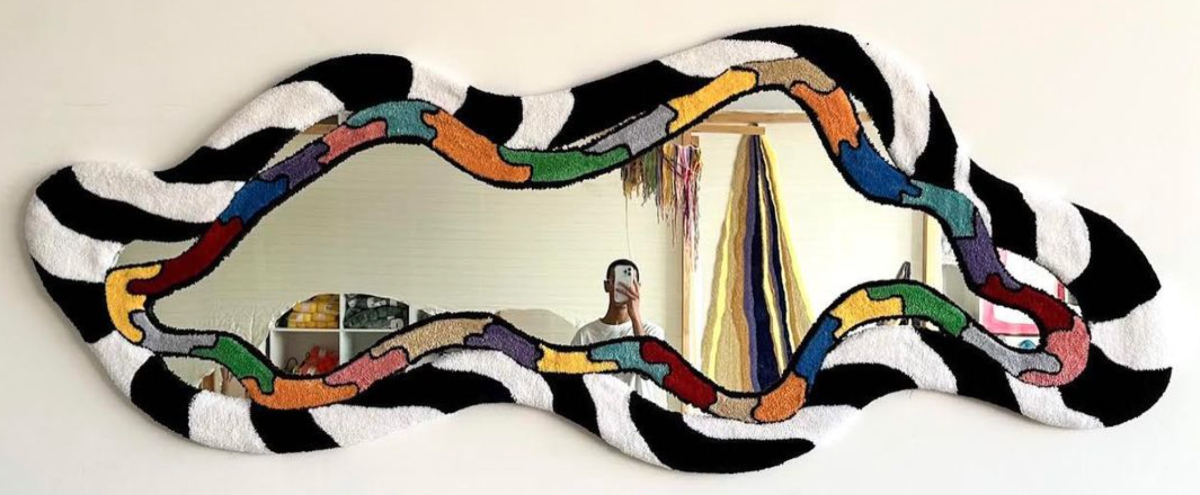RIYADH: The second Saudi Food Show, the Kingdom’s largest event for food and beverage sourcing, which began Tuesday and will continue until May 23, has been featuring some of the world’s leading companies showcasing their wares.
It is sponsored by Saudi Arabia’s Ministry of Industry and Mineral Resources in collaboration with the Saudi Authority for Industrial Cities and Technology Zones, or MODON.
The event features around 1,000 exhibitors presenting 100,000 products from 97 countries. Also returning are the Top Table Saudi and YouthX Saudi competitions in expanded formats.
House of Pops, which specializes in vegan and plant-based ice cream, gelato, and popsicles, are participating because they are expanding into Saudi Arabia after having gained a foothold in the UAE.
“Health and wellness have been popular in Saudi Arabia, particularly following the pandemic. Everyone is highly aware of what they consume,” Marcela Sancho, co-founder of House of Pops, said. “Our products promote health and wellness. They are 100 percent natural, include no preservatives or food coloring, and are vegan and plant based. So, we really want to tap into the market and the opportunity here.”
The brand is also fully allergen-free, made without soy and gluten, and the creamy options are created with organic coconut milk and cream to create the milky texture.

House of Pops was among the participants at the Saudi Food Show. (AN Photo: Abdulrahman Bin Shalhoub)
Also at the event is Bakarman Foods, a top supplier of restaurants and theaters in Malaysia, India, Spain and Belgium.
“Saudi Arabia has one of the largest food markets in the GCC, and we plan to open a factory here in the future. The food quality and standards are high, surpassing those of other Middle Eastern countries. The degree of inspection and testing report is excellent,” said Mohammad Salim, Bakarman Foods’ procurement and supply chain director.
From India, Bharat Industrial Enterprise Private Ltd., a leading basmati rice miller and exporter, has returned this year for the exhibition.
Tushar Aggawal, manager of exports, said the company operates in 55 countries and has been around from almost as many years. “Saudi Arabia is our main market … we are one of the largest suppliers of basmati rice (here).”
Through keynote addresses, panels and workshops, over 90 experts from the public and private sectors shared insights on how to maximize opportunities in Saudi Arabia’s markets.



































